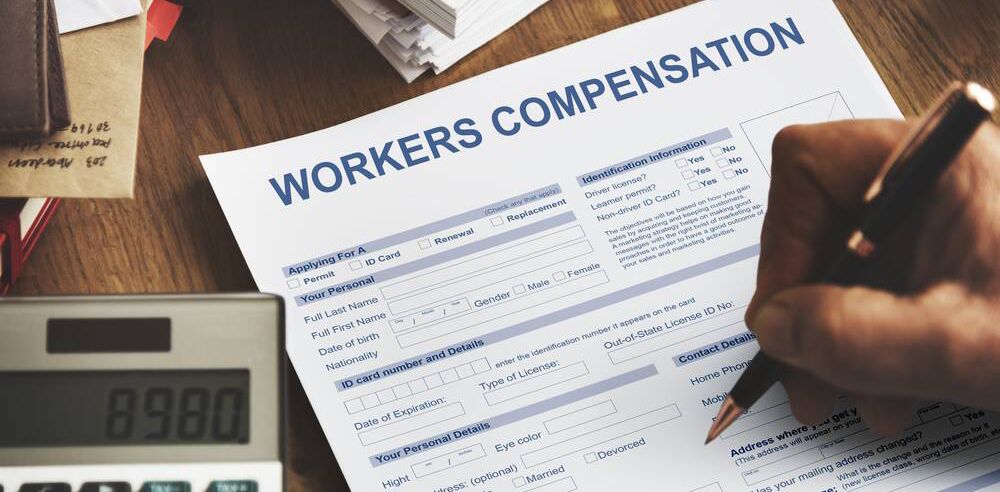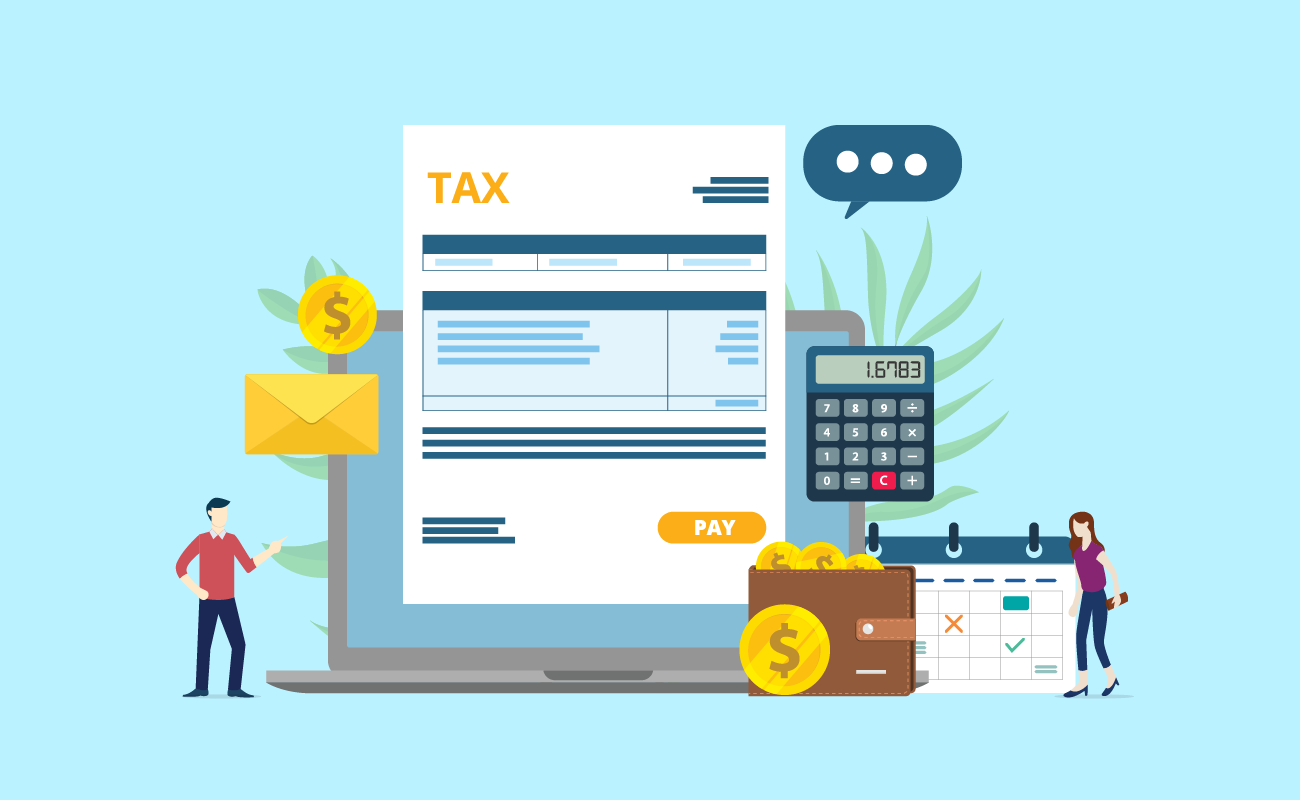
Is It Time to Sort Out Your Retirement Plan?
Approaching retirement can be an exciting time! That is, if you have some decent plans in place. It is crucial to ensure that your golden years will actually have the chance to be truly golden, which is where a comprehensive retirement plan comes in.
See your retirement plan as a financial security, peace of mind, and the freedom to pursue what you have been waiting for, all rolled into one.
Whether you’re just starting to save, or nearing retirement age and want to get prepared, this piece is here to guide you through the essential elements of an in-depth retirement plan and provide top tips to help you secure a comfortable future.
Continue reading to find out more.
Define Your Retirement Goals
The first step in building a comprehensive retirement plan is to clearly define your retirement goals. What do you see in the future for your retirement? What is best case scenario? Consider factors such as the age at which you want to retire, the lifestyle you desire, and any specific retirement dreams or aspirations you may have.
Top tip: always plan for the scenario you want the most. If you do decide to scale back, that won’t be an issue, but you can’t scale up through work once you retire!
Assess Your Current Financial Situation
Beginning a plan like this means you need to take a close look at your current financial status. Calculate your net worth, including assets (such as savings, investments, and property) and liabilities (such as debts and mortgages). This assessment will give you a clear picture of where you stand and what you need to work toward.
Top tip: err on the side of caution where you can, as mortgage and interest rates are prone to fluctuation—usually in the wrong direction!
Estimate Your Retirement Expenses
One of the most critical aspects of your retirement plan is estimating your future expenses as best as possible. This is where you need to consider your daily living expenses, healthcare costs, travel aspirations, and any hobbies or activities you wish to pursue in retirement. Be realistic about your needs, and don’t forget to account for inflation.
Calculate Your Retirement Income
To ensure your retirement is a comfortable one, next you need to calculate your expected retirement income from various sources. This can include anything from Social Security benefits and pensions, to savings and investments. Having a good idea about your income sources will help you determine if there is a gap between your expected income and expenses, and what you need to do about the gap (that is, reduce expectations or find another source of income).
Once you have a good understanding of your expenses and income, it is time to create a detailed budget for your retirement years. This budget will serve as a practical tool to help you manage your finances throughout your retirement and ensure you live within your means.
Maximize Your Retirement Savings
One of the top tips for a secure retirement is to maximize your retirement savings. You need to contribute regularly to retirement accounts like 401(k)s, IRAs, and other tax-advantaged plans. If your employer offers a retirement plan with a matching contribution, take full advantage of it to boost your savings.
Top tip: speak with a professional for some comprehensive retirement plan help to make sure you have everything covered and for additional advice.
Diversify Your Investments
Diversification is key to managing risk and maximizing returns in your retirement portfolio. Spread your investments across various asset classes, such as real estate, stocks, bonds, and mutual funds. Diversification helps protect your retirement savings from market volatility.
Plan for Healthcare Costs
Healthcare expenses tend to rise as time goes on, and so does the number of health issues someone can expect! This is why it’s essential to plan for these costs in your retirement budget.
Not only do you not want to get caught short if you do suddenly become ill, but you will also be dealing with an illness that could mean it impossible to go back to work. For this, think about purchasing supplemental insurance or long-term care insurance to provide financial protection against any unexpected medical expenses.
Pay Down Debt
Reducing or eliminating debt before retirement can truly be a game-changer when it comes to relaxing. High-interest debts, such as credit card balances, can work hard to erode your retirement savings. When possible, focus on paying off debts and becoming debt-free if you can before you retire. This will make a real difference, depending on how steep your debts are.
Establish an Emergency Fund
Remember that in retirement unexpected expenses can arise. It is important to have an emergency fund with at least three–six months’ worth of living expenses as a guideline. This can provide a financial safety net, meaning you won’t need to dip into your retirement savings during tough times.






